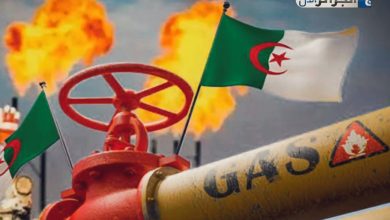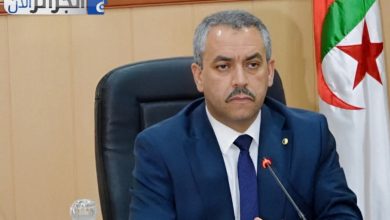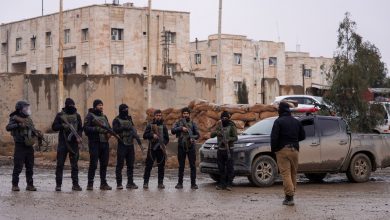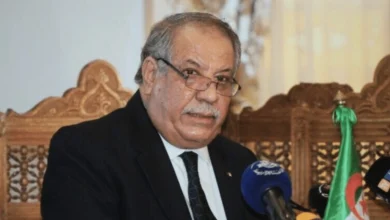The Democratic Republic of Congo (DRC) has issued a strong challenge to Rwanda, demanding concrete evidence of its commitment to peace in the region. In a recent statement, DRC’s Foreign Minister, Thérèse Kayikwamba Wagner, voiced serious concerns about Rwanda’s actions and their impact on the ongoing conflict in eastern DRC.
Minister Wagner emphasized that Rwanda’s actions on the ground cast doubt on its sincerity in pursuing a peaceful resolution to the decades-long conflict plaguing eastern Congo. She highlighted the continued presence of Rwandan forces within Congolese territory and the escalating tensions in the region as key indicators of Rwanda’s lack of genuine commitment.
The Minister stated that a planned presidential meeting remains suspended, while violations continue despite diplomatic efforts. She further asserted that the Congolese government possesses irrefutable evidence of Rwanda’s support for the M23 armed group, which is actively destabilizing the North Kivu province.
“Real progress requires effective pressure from international mediators,” Wagner stated, specifically mentioning the United States, Qatar, and regional partners. She stressed the importance of holding both parties accountable to ensure a reliable and sustainable agreement.
The DRC government alleges that Rwanda’s support for M23 extends beyond financial and material aid, including direct military coordination. Minister Wagner reiterated that the presence of Rwandan troops inside Congolese territory constitutes a blatant violation of national sovereignty.
Despite statements from Kigali expressing a desire for peace, the DRC maintains that Rwanda has yet to take any tangible steps towards withdrawing its forces or ceasing its support for armed groups. According to Minister Wagner, Rwanda’s words do not align with its actions on the ground.
While acknowledging the DRC’s openness to dialogue and its participation in regional negotiation tracks, such as the Luanda initiative and the Nairobi talks, Minister Wagner lamented the limited progress achieved, attributing it to what she described as Rwanda’s lack of political will.




